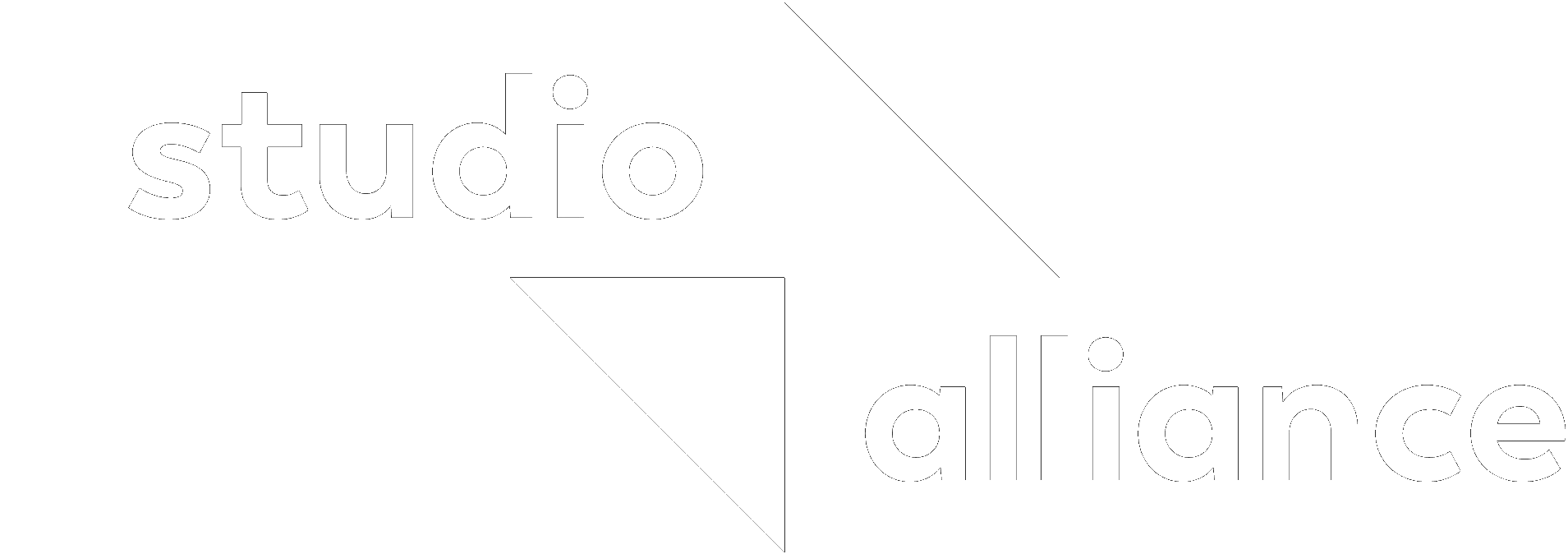According to the results of Randstad Employer Brand Research 2022, the world’s largest independent employer brand survey in 31 countries, which was conducted in January 2022, LEGO was again the most attractive employer in Hungary after 2020, last year’s winner Samsung was silver medallist and Mercedes-Benz defended its podium position.
For the first time in its sector, DVM group also won a special award this year, joining the likes of Telenor (now Yettel), Hungarian National Bank, Veolia Energia Hungary, Teva, Kempinski, Ikea, Coca-Cola, WizzAir, Microsoft, Szerencsejáték Zrt. and Estée Lauder, who were also special winners. Tesco was once again named the most recognisable employer, while Magyar Telekom received a special mention.
Gyöngyvér Budai, HR Director of DVM group, expressed his thanks for the award and said it was an honour to win it:
“We are many in the market, DVM group is dynamically growing and strengthening, and this is very good feedback. We are delighted that we are able to convey to the outside world what we think inside the company, that we are a really good place to work and that it is good to work with us and for us. We can be really proud of this special award, because it shows the effectiveness of our work in other ways besides our professional awards.”
The Randstad research looked at companies from different aspects and also compared Hungarian companies with the situation on the European labour market.
As in previous years, the IT sector is the most attractive for domestic workers. Attractive pay and workplace atmosphere remain the most important factors when choosing a job, but this year, compared to the European average, the financial stability of the employer is also more important for Hungarian respondents. Randstad’s recent research shows that in Hungary, the most important factor influencing job choice remains an attractive salary and benefits package – unchanged for years – with 73% of Hungarian respondents ranking this as the most important evaluation factor.
Hungarians continue to place a high priority on a pleasant working atmosphere (68%), followed by the financial stability of the company (62%), long-term job security (60%) and work-life balance (58%). In this country, the survey shows that both men and women consider the same aspects to be the most important when choosing a job. However, female workers are much more attracted by work-life balance, the place where they work and the possibility of working from home, while men are more attracted by an exciting job and the use of the latest technologies.
Attractive pay and benefits package is the most important factor for all generations, and there is no difference in the top 5 factors, but Generation Z (18–25-year-olds) rank salary and benefits as equally important as a pleasant working environment, while for those older than them, attractive salary and benefits package is clearly the most important.
Career development is also seen as more important than the European average, with 65% of Hungarians saying it is important, but this is even more the case for younger workers aged 18-34 and those with tertiary education. The opportunity for development also matters when making career decisions: 62% of Hungarian respondents would be more likely to continue working for their employer if they could retrain or upskill through the organisation.
Flexibility is still a consideration for employees when it comes to choosing a company. While 4 out of 10 European workers can work from home (38%), this is true for less than a quarter of workers in this country (24%), and down significantly from 40% during last year’s pandemic. The vast majority of current teleworkers (95%) expect to continue working remotely in the future, although as the pandemic subsides, employers’ demand for a return to the office is likely to increase slightly.
Workers were also asked about the steps they expect their employers to take to maintain a healthy work-life balance: adequate compensation above and beyond salary (44%), flexible working (40%) and benefits (37%) are the most desired forms of support among Hungarian workers. Flexible working arrangements are more important for women (45%) and younger age groups, 18–24-year-olds (45%) than for those aged 55+ (33%). In addition to career development, younger workers also seek more targeted paid time off, while older workers prefer compensation beyond salary.



